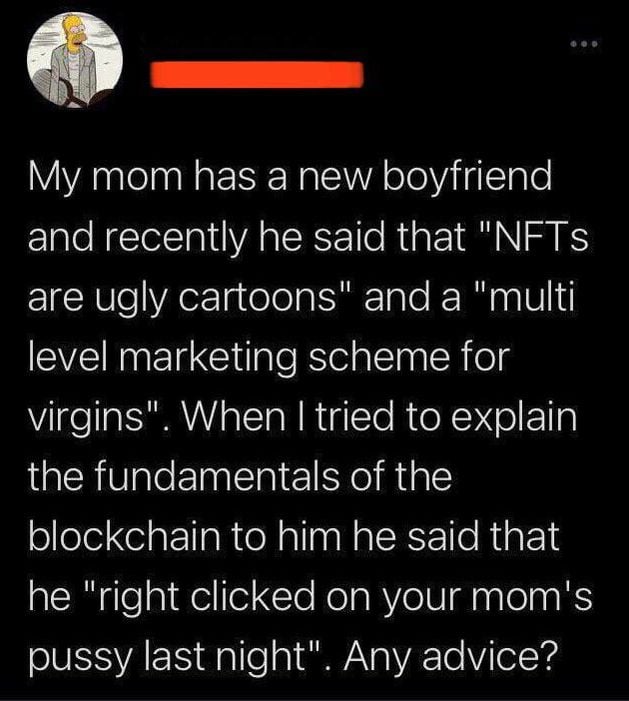this post was submitted on 13 Nov 2024
971 points (98.1% liked)
People Twitter
5493 readers
1417 users here now
People tweeting stuff. We allow tweets from anyone.
RULES:
- Mark NSFW content.
- No doxxing people.
- Must be a pic of the tweet or similar. No direct links to the tweet.
- No bullying or international politcs
- Be excellent to each other.
- Provide an archived link to the tweet (or similar) being shown if it's a major figure or a politician.
founded 2 years ago
MODERATORS
you are viewing a single comment's thread
view the rest of the comments
view the rest of the comments

Well, you can't do fractional-reserve banking with bitcoin (or any other coin I know of), so in that way, a "run" on a bitcoin can only ever exhaust the supply. lending out more than you have requires trust, and that's not available in a blockchain structure.
On the other hand, fractional reserve banking is the foundation of all modern financial systems, so it's not really a thing we're going to scrap.
Well, yes but no.
There's a lot of problems with blockchain deeds, and one of the big ones is confirming the first owner. What's to prevent me from minting a smart-contract that says I own your house? Or that I own a house that doesn't even exist? In the real world, we've solved those problems (and MANY more) with notaries and central registration systems. At the interchange of digital-ownership and real-world, physical assets, you're always going to need a trusted party to verify that the two match. And at that point, you don't need the blockchain at all.